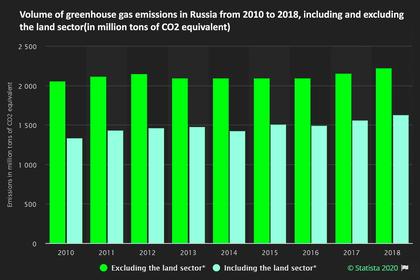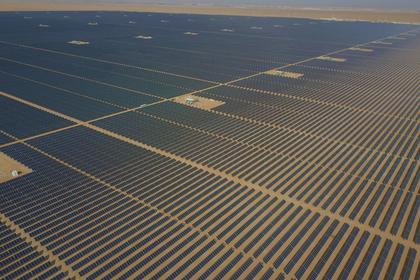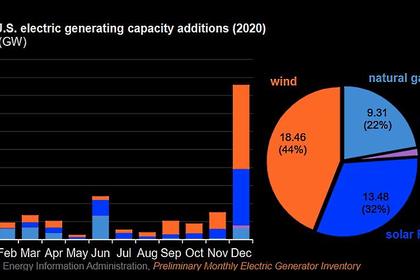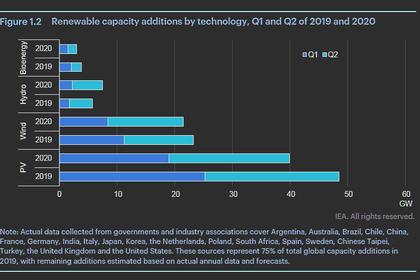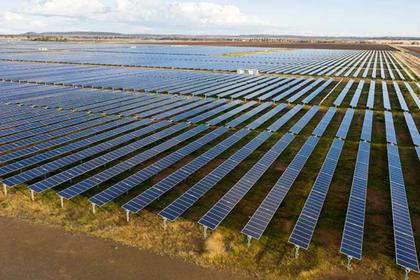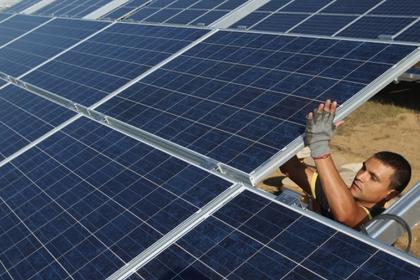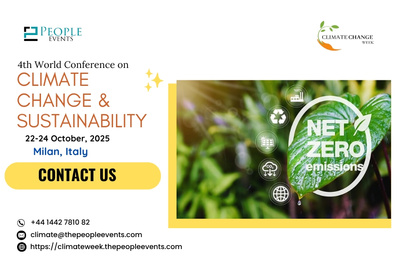
RENEWABLE HEATING & COOLING
IRENA - 30 November 2020 - Urgent Action Needed for the Energy Transition in Heating and Cooling
The transition to cleaner, more sustainable heating and cooling solutions can attract investment, create millions of new jobs and help to drive a durable economic recovery in the wake of the global COVID-19 crisis, says a new study by leading energy organisations.
The joint report by the International Renewable Energy Agency (IRENA), the International Energy Agency (IEA) and the Renewable Energy Network for the 21st Century (REN21), highlights the benefits, identifies investment barriers, as well as the policies to drive faster uptake of renewable heating and cooling worldwide. Renewable Energy Policies in a Time of Transition: Heating and Cooling describes five possible transformation pathways, encompassing renewables-based electrification, renewable gases, sustainable biomass, and direct uses of solar thermal and geothermal heat.
“Energy efficient heating and cooling based on renewable sources has emerged as an urgent priority for countries striving to meet climate commitments under the Paris Agreement and to build resilient, sustainable economies,” said IRENA Director-General, Francesco La Camera.
“The transition to cleaner, more efficient and sustainable heating and cooling solutions can attract investments, create millions of new jobs and help to drive a durable economic recovery in the wake of the global COVID-19 crisis. It will make much needed heating and cooling services available to everyone, including to remote islands and least-developed countries of Africa and Asia.”
Heating and cooling demand accounts for around half of global final energy consumption, mostly for industrial processes, followed by residential and agricultural applications. Most of this energy now comes either from fossil fuels or inefficient, unsustainable uses of biomass. Heating and cooling, consequently, is a major source of air pollution and accounts for over 40 per cent of global energy-related carbon dioxide (CO2) emissions. At the same time, around 2.8 billion people currently rely on wood fuel, charcoal, animal dung and other inefficient and polluting fuels for cooking.
The demand for heating and cooling is set to keep growing. Cooling demand has already tripled globally since 1990, and as climate change increases the number and severity of heat waves, so does the urgency for supplying air conditioning and refrigeration to billions of people.
Policy makers have so far given limited attention to the heating and cooling transition. By the end of 2019, only 49 countries – mostly within the European Union – had national targets for renewable heating and cooling, in contrast with 166 having targets for renewable power generation. To decarbonise the energy used for heating and cooling, aggressive and comprehensive policy packages that phase out the use of fossil fuels and prioritise renewable energy and efficiency are even more urgent amid the COVID-19 pandemic, which has cut demand for renewables-based heating and cooling services, including in households and small businesses. The health and economic crisis has also worsened conditions for energy access in many developing countries.
Transitioning to renewable sources will help to increase access to clean, affordable and reliable heating and cooling services, even on remote islands and in some of the least-developed countries of Africa and Asia. At the same time, renewable heating and cooling can create new jobs, stimulate local economies, and improve people’s livelihoods, while strengthening countries’ energy security and independence, the report notes.
-----
Earlier:
